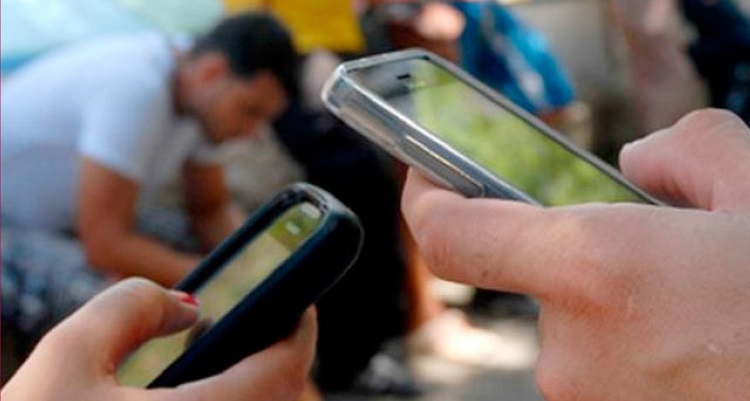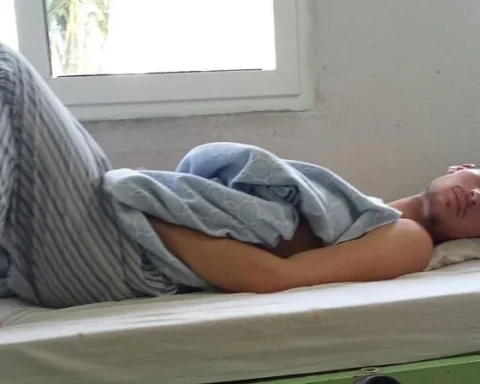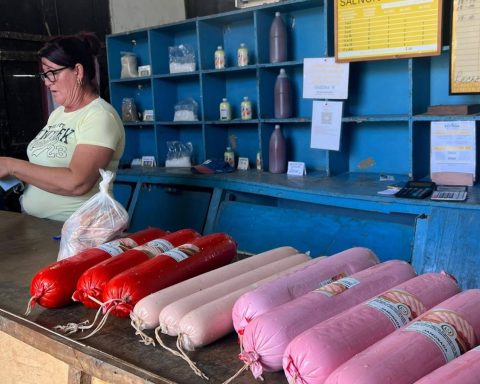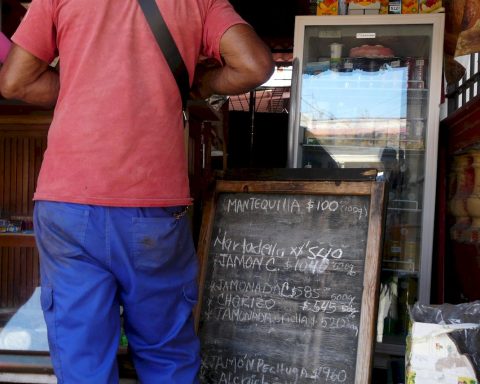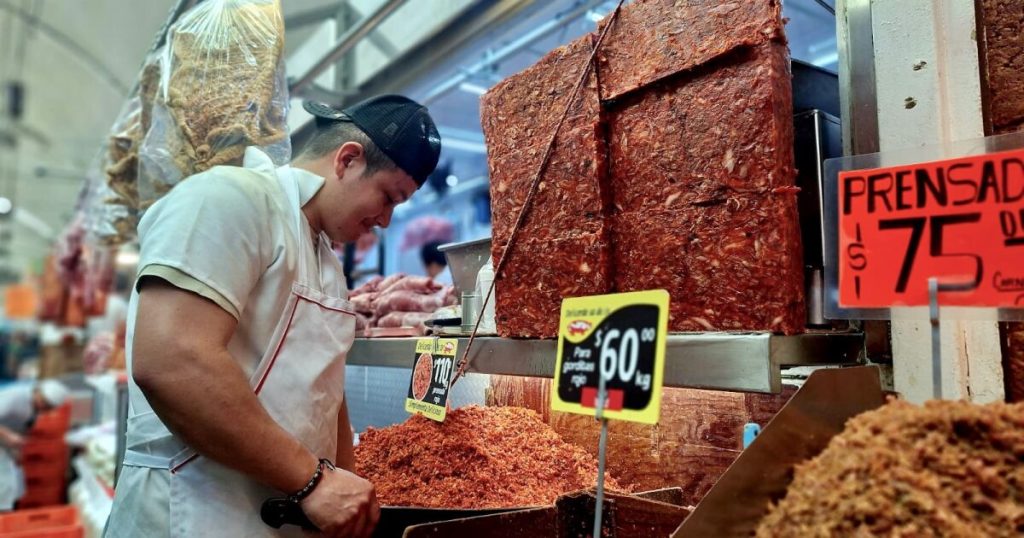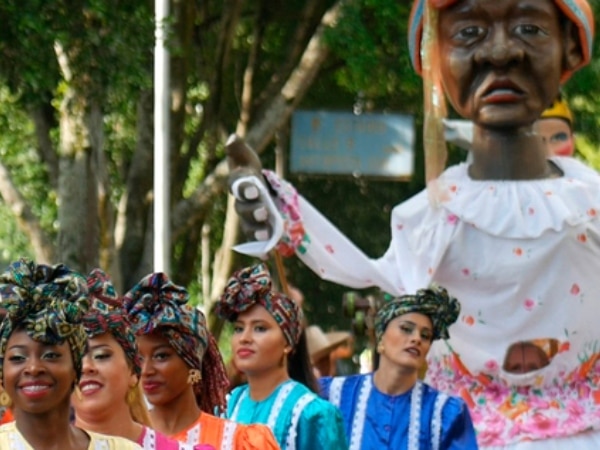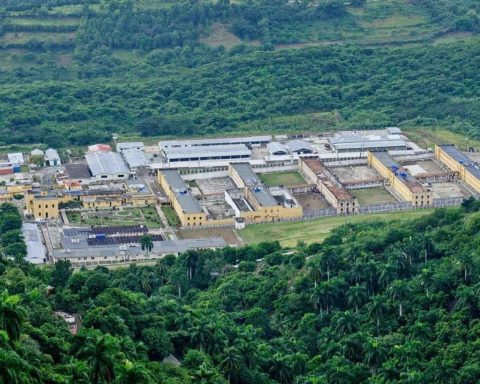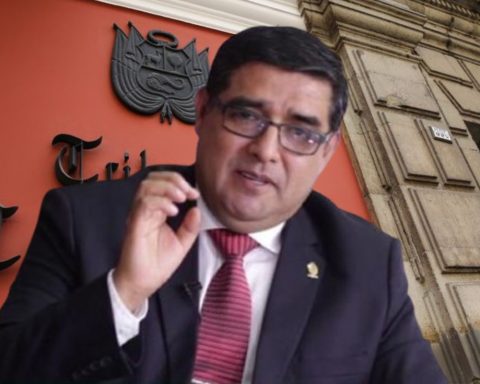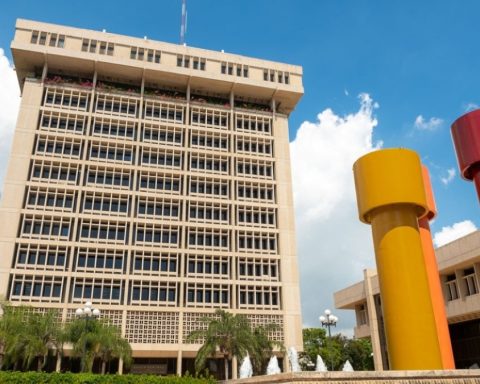AREQUIPA, Peru – The United States Citizenship and Immigration Service (USCIS) announced that applicants for sponsorship under the humanitarian parole program will be summoned digitally for fingerprinting.
The information was leaked in the media Marti Newswhich had access to an internal USCIS email detailing some changes to the parole program, which was reinstated at the end of last August.
The process will cost $30 and people will not need a postal notification to appear at the USCIS center to register their fingerprints.
“They don’t have to wait to receive a letter in the mail. With just the digital receipt that arrives in their USCIS account, they can go to the center to have their fingerprints taken and they will be processed,” explained an anonymous official of the entity to Marti News.
In this regard, prospective sponsors will receive notification to have their fingerprints taken in their USCIS digital account.
In late August, the Department of Homeland Security (DHS) announced that Advance Travel Authorizations (ATA) were being reinstated for beneficiaries of the humanitarian paroleafter having been suspended on August 2 following the revelation of an internal report exposing significant levels of fraud.
The DHS has included new measures to prevent potential fraud, a spokesperson for the government entity told the newspaper.
He release An official USCIS release states that as part of an internal review, DHS has incorporated “enhanced vetting into the support application process.”
They also warned that DHS is committed to “holding accountable those who commit fraud or attempt to exploit others for their own benefit.” “Anyone who commits fraud will be referred to appropriate law enforcement for prosecution.”
Upon resumption, authorities stipulate that to participate, eligible beneficiaries must have a sponsor in the United States; undergo and pass a “rigorous security check”; in addition to meeting other eligibility criteria and “ensuring a favorable exercise of discretion.”
Greater review of financial records is introduced and criminal record of sponsors, an investigation to uncover profiles of fraudulent sponsors and more rigorous review mechanisms will be employed to detect trends in serial applications.
The process also includes fingerprint registration of sponsors in the United States and a background check on potential beneficiaries.
The most recent report from the Customs and Border Control Office (CBP) indicates that as of August, more than 110,000 Cubans, 210,000 Haitians, almost 93,000 Nicaraguans and almost 117,000 Venezuelans have entered the United States under humanitarian parole.
